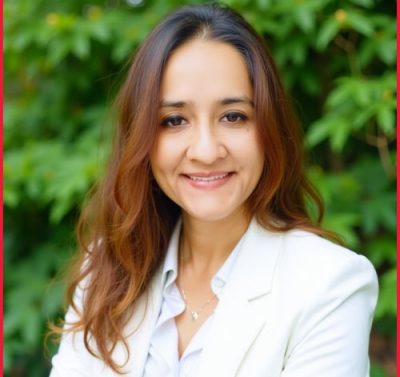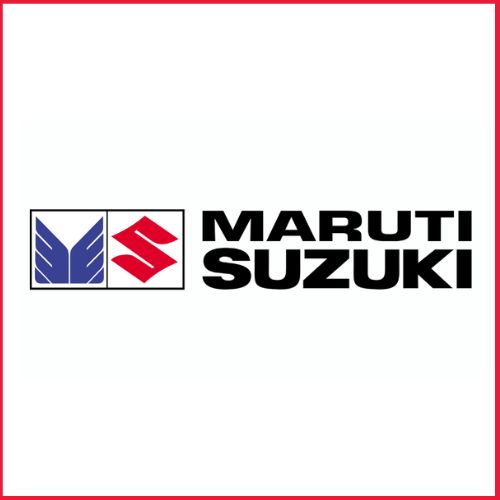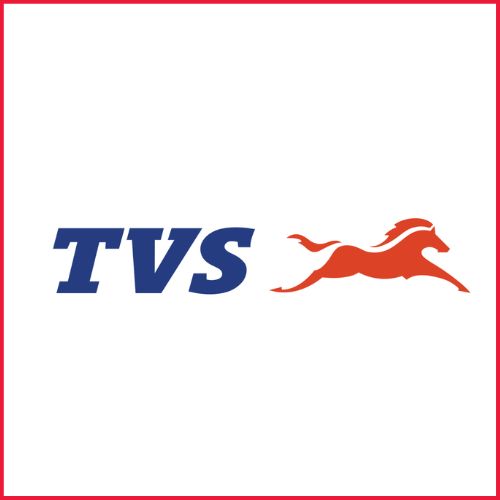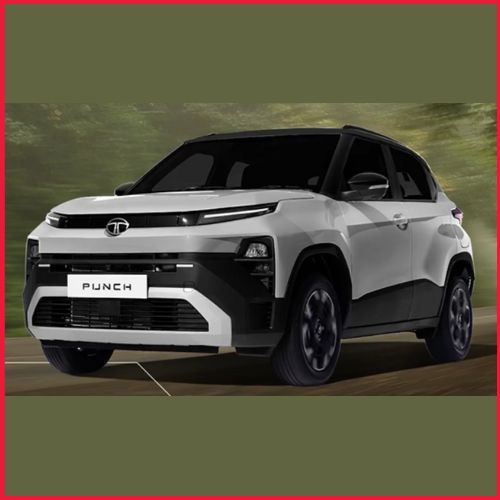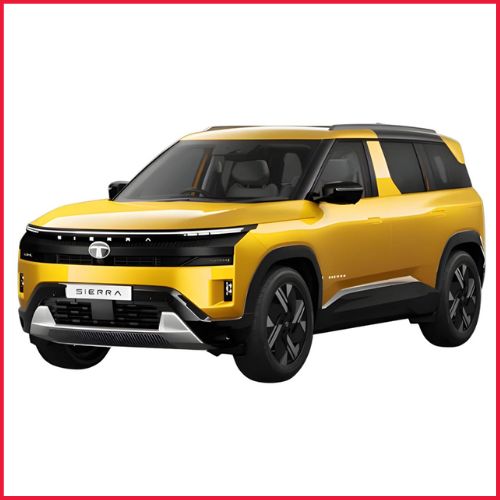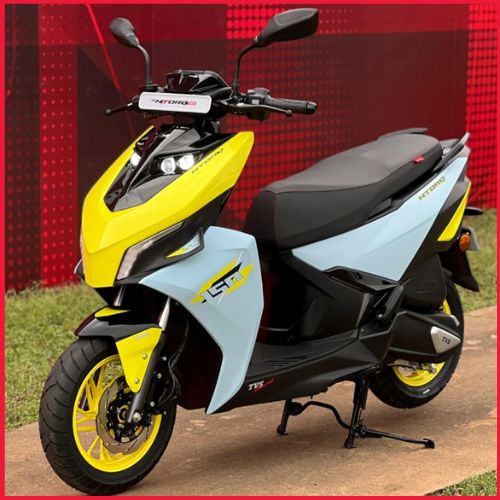Chinese battery materials companies are stepping up their investments in South Korea, with projects worth at least $4.4 billion announced this year. This move is in response to the US government’s Inflation Reduction Act (IRA), which stipulates that electric vehicles must meet certain criteria to qualify for a tax credit aimed at reducing reliance on China’s supply chains. As a result, several battery materials plants have been established in South Korea through joint ventures with local partners, including prominent battery firms such as POSCO Future M and SK On.
The US Inflation Reduction Act and its Impact on EV Tax Credits
The US Inflation Reduction Act requires that at least 40% of the critical minerals used in an auto battery must be sourced from the United States or a free trade partner to qualify for a $3,750 tax credit per vehicle. The aim is to decrease dependence on Chinese supplies and promote domestic production. Additionally, the act is expected to disqualify tax credits for EV batteries that incorporate components manufactured by a “foreign entity of concern,” primarily targeting China.
South Korea’s Free Trade Agreement Advantage
South Korea benefits from a free trade agreement with the United States, enabling batteries manufactured in the Asian nation and installed in US-manufactured electric cars to be eligible for the federal tax credits. This has attracted significant interest from Chinese companies seeking to tap into South Korea’s well-established battery industry.
Chinese Companies Forge Joint Ventures in South Korea
To meet the IRA requirements and secure access to US markets, Chinese battery materials firms have established joint projects with South Korean partners. Companies like Ningbo Ronbay New Energy Technology and Zhejiang Huayou Cobalt have announced joint ventures with local firms like POSCO Future M, LG Chem, and SK On, diversifying their product portfolios and mitigating geopolitical risks associated with the IRA.
Expansion of Production Capacity in South Korea
Chinese company Ningbo Ronbay New Energy Technology received approval from Seoul to add 80,000 tonnes of cathode materials production capacity to its South Korean facility. This expansion aligns with IRA requirements on key minerals, making their products eligible for the benefits of tariff policies applied to exports to European and US markets.
Challenges and Uncertainties
While Chinese companies are actively investing in South Korean battery firms, challenges remain. The lack of a concise definition for “foreign entity of concern” from the US Treasury Department creates uncertainty in setting up South Korea-China joint ventures. Analysts, like Kang Dong-jin from Hyundai Motor Securities, caution that the situation may become more complex until regulatory clarity is provided.
South Korea’s Dominance in the Global EV Battery Market
South Korea is home to three major battery producers: LG Energy Solution, Samsung SDI, and SK On. Together, these companies control nearly a quarter of the global EV battery market and supply batteries to major automakers worldwide. The country’s established battery industry, coupled with the free trade agreement with the US, positions it as an attractive location for Chinese firms seeking to comply with the IRA and gain access to the US EV market.
Conclusion
In response to the US Inflation Reduction Act (IRA), Chinese battery materials companies are making substantial investments in South Korea. Through joint ventures with local battery firms, these companies aim to meet IRA requirements and qualify for EV tax credits in the US market. South Korea’s well-established battery industry and free trade agreement with the US make it an appealing destination for Chinese companies seeking to diversify their product portfolios and reduce geopolitical risks associated with the IRA. However, uncertainties remain until the US Treasury Department provides a clear definition of “foreign entity of concern.” With South Korea’s dominance in the global EV battery market, it is likely to play a crucial role in fulfilling the IRA’s objectives and driving the transition to electric vehicles.
Read also -Nio, a Chinese electric car company receives $738.5Mn








